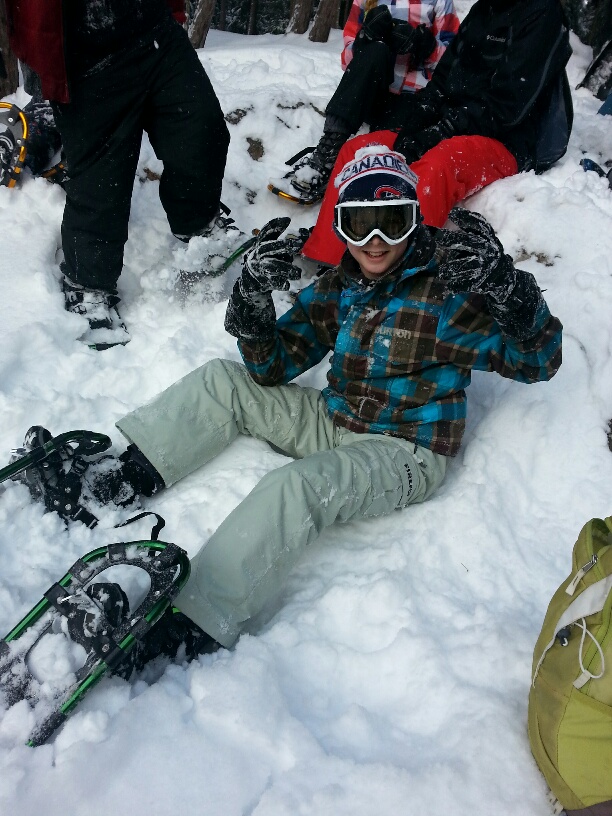Team Building Workshop (outdoor and indoor, all seasons)
Using activity based challenges and debriefing techniques, students will be challenged to look at their personal leadership, communication and inclusive nature. What is my role within a group? How does a group work effectively? Team building games are a fun and creative way to enjoy the class community while reflecting on some of these questions.
Curriculum Links
Health and Physical Education (all grades):
- Problem-solving and conflict-resolution skills.
- Observing non-verbal signals and body language.
- Clearly expressing ideas and responses
- Demonstrating teamwork skills by working collaboratively with a partner or in a group to achieve a common goal.
- Showing leadership, and applying conflict-resolution skills.
- Arriving at a decision, conclusion, goal, or solution.
- Using self awareness and self monitoring skills
- Apply relationship and social skills as they participate in physical activity.
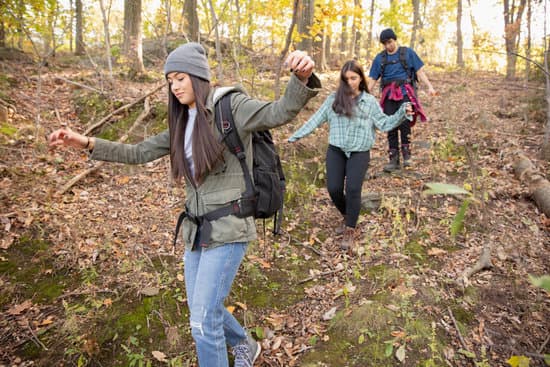
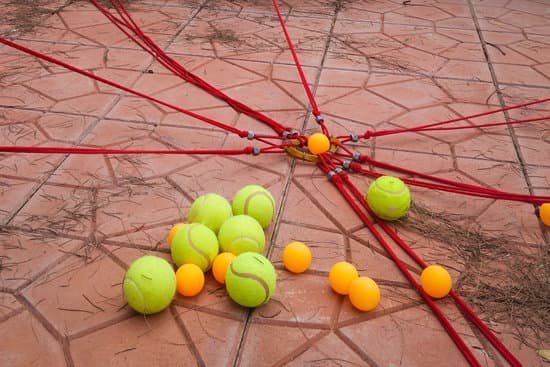
Wilderness Survival (any season, appropriate outdoor space necessary)
When out in the wilderness, what do we need to prioritize in order to survive? The students will learn specific survival skills that support these priorities. Map reading and orienteering coupled with shelter building and a group challenge will give the students the experience of using these important skills necessary for survival in all seasons.
Curriculum Links
Geography gr 7-8:
- Analyzing various types of maps
Science gr.7:
- classify structures as solid structures, frame structures, or shell structures
- identify and describe factors that can cause a structure to fail
Health and Physical Education:
- Problem-solving and conflict-resolution skills.
- Observing non-verbal signals and body language.
- Clearly expressing ideas and responses
- Demonstrating teamwork skills by working collaboratively with a partner or in a group to achieve a common goal.
- Showing leadership, and applying conflict-resolution skills.
- Arriving at a decision, conclusion, goal, or solution.
- Using self awareness and self monitoring skills
- Apply relationship and social skills as they participate in physical activity
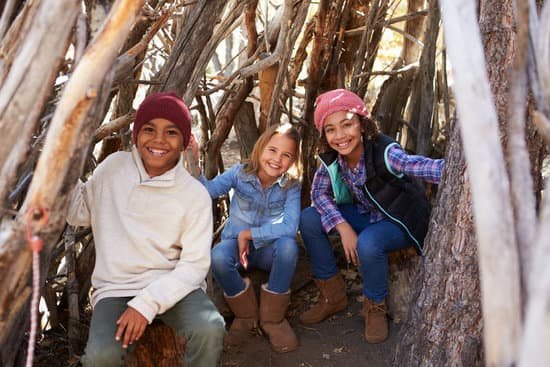

Personal Leadership- What are my strengths? (indoor and outdoor, all seasons)
Often, we are faced with all the areas of our life that we need to improve instead of examining how we can use our strengths to help us develop our character. The students will have an opportunity to explore where their personal strengths lie and how to lead using these strengths.
Curriculum Links
Health and Physical Education:
- Problem-solving and conflict-resolution skills
- Clearly expressing ideas and responses
- Showing leadership, and applying conflict-resolution skills
- Using self awareness and self monitoring skills
- Apply relationship and social skills as they participate in physical activity
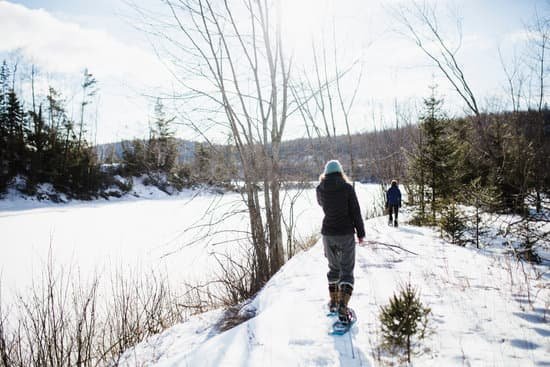
The Power of Stress (indoor and outdoor, all seasons)
What is stress and how do we deal with it as teens? This workshop looks at the physical, emotional and practical sides of stress. What are the healthy ways of dealing with the new stressors that teens are experiencing at this time in their lives?
Curriculum Links
Health and Physical Education:
- Observing non-verbal signals and body language.
- Clearly expressing ideas and responses
- Arriving at a decision, conclusion, goal, or solution.
- Using self awareness and self monitoring skills
- Use self-awareness and self-monitoring skills to help them understand their strengths and needs, take responsibility for their actions, recognize sources of stress

Bridge Building Workshop (indoor space necessary, all seasons)
This is a community building workshop that challenges the students to build the strongest bridge structure as a team. Emphasis on team support and communication will be focused upon as we debrief the structure building experience. Using bridge building as a metaphor, students will be asked how they can continue to build bridges within their class, school and community.
Curriculum Links
Health and Physical Education:
- Problem-solving and conflict-resolution skills.
- Observing non-verbal signals and body language.
- Clearly expressing ideas and responses
- Demonstrating teamwork skills by working collaboratively with a partner or in a group to achieve a common goal.
- Showing leadership, and applying conflict-resolution skills.
- Arriving at a decision, conclusion, goal, or solution.
- Using self awareness and self monitoring skills
- Apply relationship and social skills as they participate in physical activity.
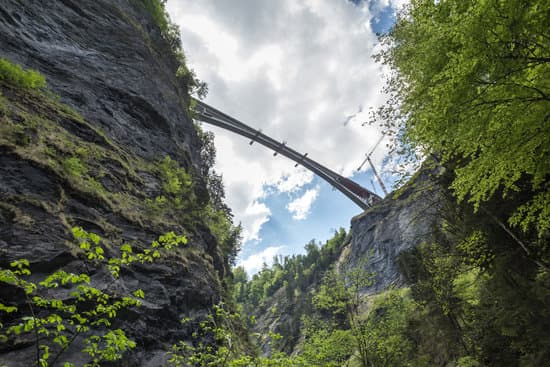
Eco-games (all seasons)
These active games focus on ecological principles in a way that is easy to understand and also create opportunities to discuss human’s impact upon our natural world.
Curriculum Links
Grade 7
- Develop an understanding of an ecosystem as a system of interactions between living organisms and their environment.
- Distinguish between primary succession and secondary succession.
- Learn how matter is cycled in the environment and how it promotes sustainability
Grade 8
- Water is crucial to life
- Water systems influence climate and weather patterns
- Water is and important resource that needs to be managed sustainably

Schoolyard Biodiversity (outdoors, fall and spring)
By evaluating different habitats within the school yard, students will collect and study plant and animal species that are living on their door step. They will be looking at the positive and negative effects of human activity on biodiversity by surveying their own school yard and a local green space.
Curriculum Links
Grade 7:
- Develop an understanding of an ecosystem as a system of interactions between living organisms and their environment.
- Distinguish between primary succession and secondary succession.
- Learn how matter is cycled in the environment and how it promotes sustainability
- Describe how different approaches to agriculture and to harvesting food from the natural enviroment can impact an ecosystem, identify strategies that can be used to maintain and or restore balance to ecosystems.
Grade 8:
- Watershed principles
- Local water issues
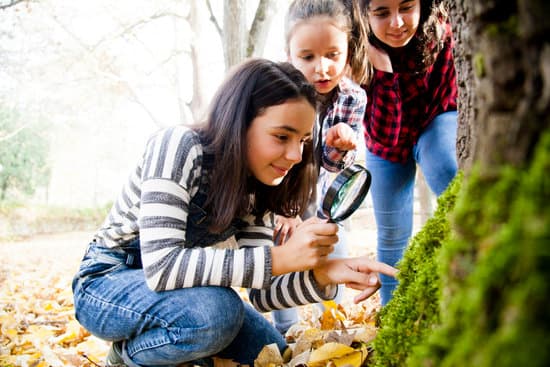
Snowshoeing (winter)
What are some different snowshoe designs? What are traditional snowshoes made of and what is their role in Indigenous culture and history? Let us bring our snowshoes to your school as we explore local green space and learn about the environment through games and activities.
Curriculum Links
All Grade:
- active participation
- physical fitness through daily physical activity
- movement skills and concepts
- movement strategies
Grade Seven:
- New France and British North America 1713-1800
